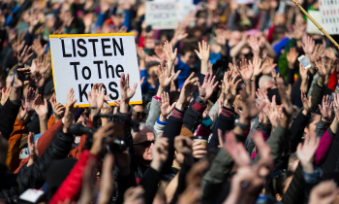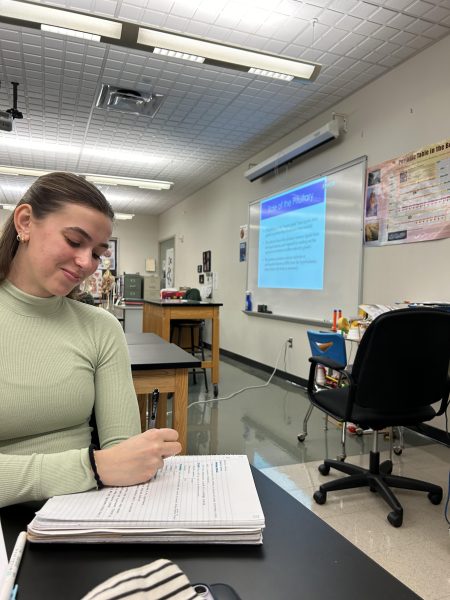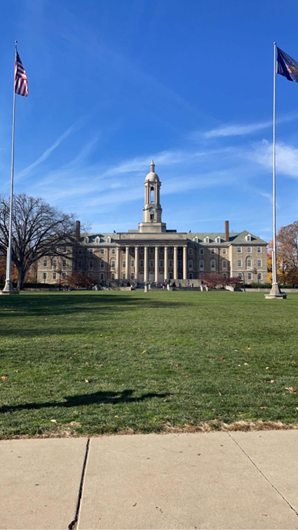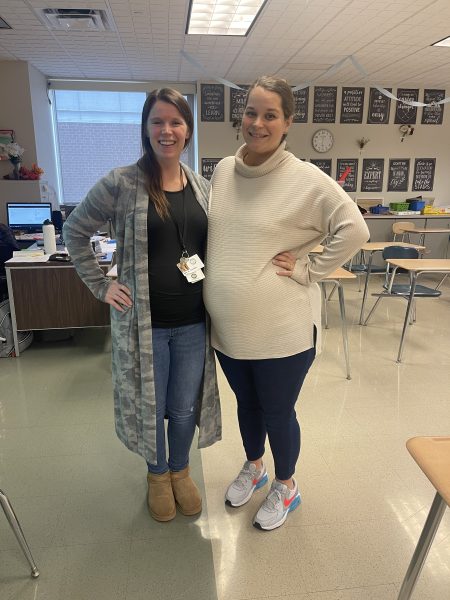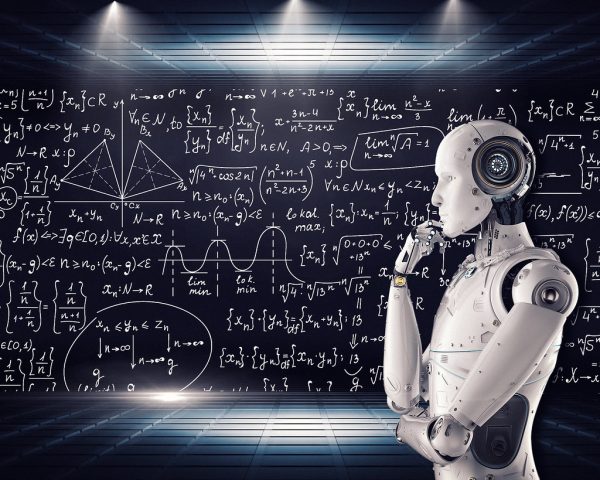Modern Taxation Without Representation
February 24, 2020
The voting age in America should be lowered. Voting has a major impact on tax laws that affect children ages 14 to 17. Considering these ages are impacted by state and federal laws, they should be able to vote so that they have an input into areas of policy that affect them. In order for adequate representation, the voting age should be lowered, or laws regarding taxes should be changed.
“No taxation without representation” is a phrase shouted by Americans since colonial times and is still applicable today. In Pennsylvania, children starting at age 14 are allowed to get their working papers and begin working low-paying jobs. When these kids get their paychecks, they can see just how much money is taken from them in the form of taxes. However, because kids age 14 to 17 can’t vote, they are being taxed without any representation in state and federal governments.
In addition to unfair representation, starting voters at a younger age is beneficial in forming strong and consistent voting habits. By lowering the voting age, voter turnout will be increased due to the increase in the volume of voters. Additionally, by encouraging young people to vote, they will learn maturity through this critical decision-making process as well as develop life-long voting habits. Not only that, but teenagers are the future of America, and the sooner they have a chance to vote, the faster they can learn how to inflict positive change.
A big argument against lowering the voting age is that children age 14 to 17 are not educated or mature enough to make such an important decision. The Pennridge High School secretary of Turning Point USA, Ashlyn McClelland, believes, “Young people don’t know what their ideology means.” While this may currently have some truth to it, lowering the voting age has the potential to encourage young people to become more involved in politics and educate themselves on various policies. Opponents also argue that voter turnout for ages 18-29 is low, which could suggest that people are not interested in voting until later in life. However, as technology evolves, young people have better access than ever to information and politics which may encourage them to get involved
The voting age in America needs to be lowered in order to give fair representation to working youth. Lowering the voting age allows young people to develop strong voting habits, increase interest in politics, and most importantly, voice their opinion on laws that affect them. If older generations can’t respect the opinion of voters ages 14 to 17, then tax laws need to exclude young workers. High School Democrats of Pennsylvania member, MJ McPhelin, supports this solution saying, “workers under 18 shouldn’t have to pay income tax.” Imposing taxes on people who can’t vote is unjust, and the laws need to be changed in order to promote progress in American society.